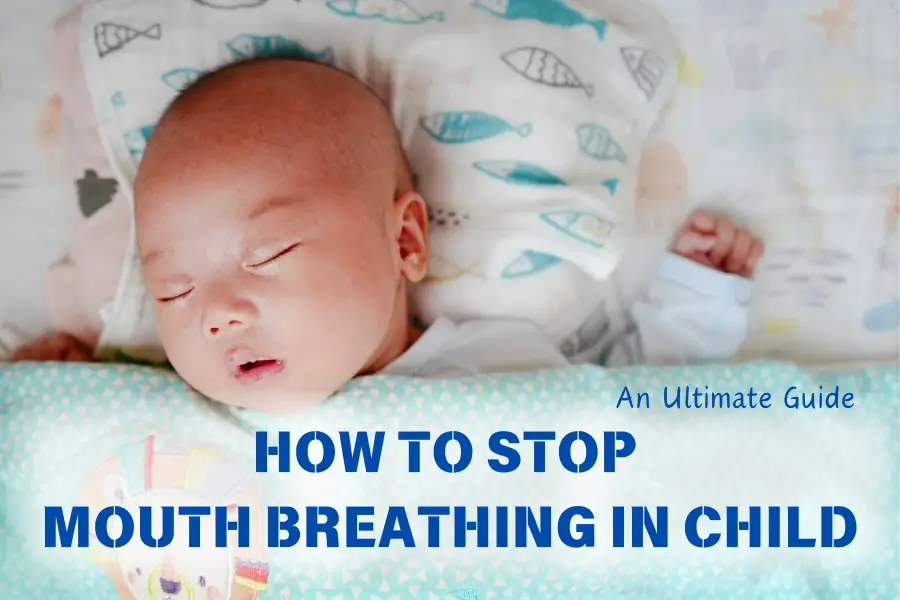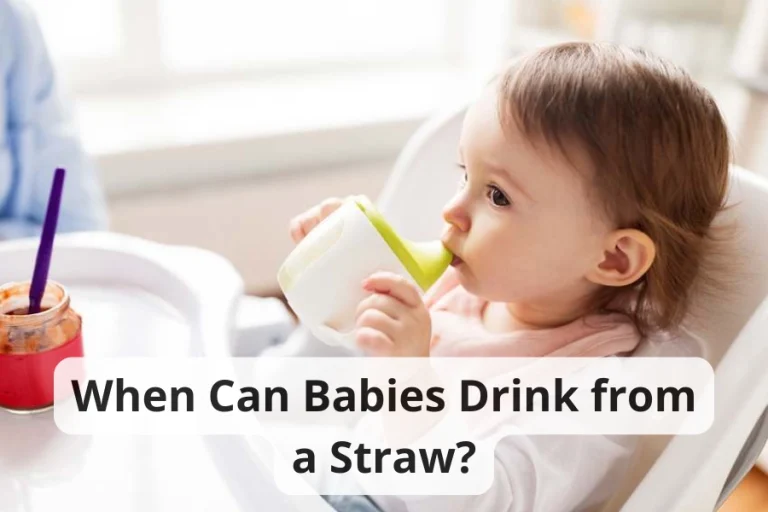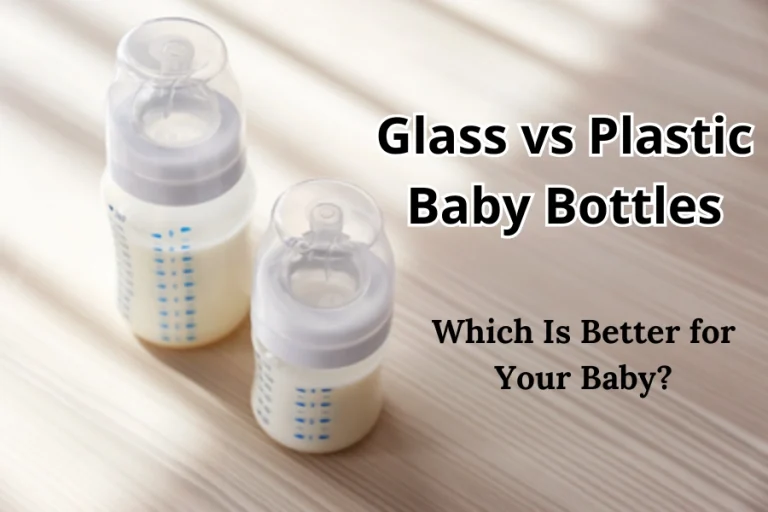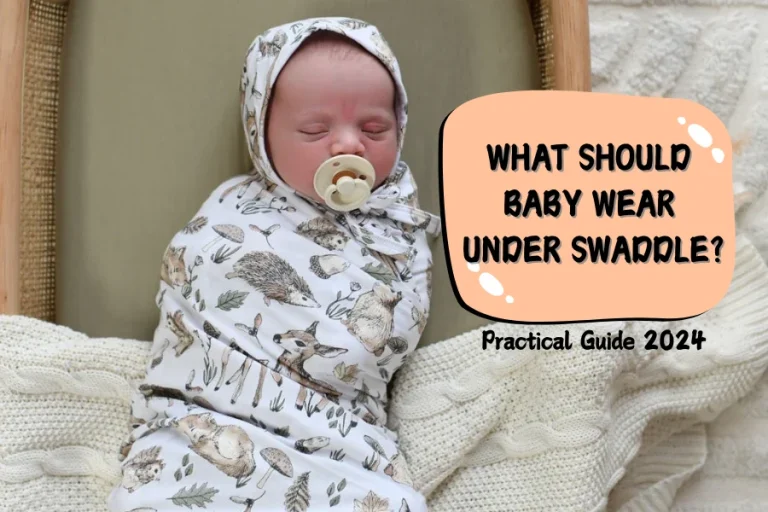
There are many different reasons why children breathe through their mouths. They can range from nasal blockages due to allergies or enlarged tonsils to habitual behaviors. If left unchecked, mouth breathing can give rise to a series of complications, from poor sleep quality to poor health.
Fortunately, so many solutions can help your child transition from mouth breathing to healthier nasal breathing. They include medical interventions and lifestyle adjustments that can secure a better quality of life for your child. Here is the ultimate guide on “How to stop mouth breathing in child” to the causes and effects of mouth breathing in children and how to stop mouth breathing in a child.
Causes of Mouth Breathing In Child
There are many different reasons why children breathe through their mouths. Knowing the causes will help to determine the right intervention to make your child breathe properly. The main causes include:
- Obstructive Sleep Apnoea (OSA): This disorder is characterized by a disrupted sleep pattern because of brief pauses in breathing1. The disorder usually makes kids breathe through the mouth. If your child snores while sleeping, this is not normal snoring. Other symptoms of snoring include coughing, choking, pauses in breathing, and restlessness.
- Allergies: Seasonal or environmental allergies can cause nasal congestion, forcing children to breathe through their mouths.
- Enlarged Adenoids & Tonsils: Swollen adenoids and tonsils can obstruct the nasal passages and make breathing through the nose difficult2.
- Mucus: If your child’s nose gets stuffy or blocked with mucus, they may need to breathe through the mouth.
- Deviated Septum: This is one of the most common anatomical problems known to cause breathing mouth in the child. The nasal septum displaced significantly to one side will obstruct airflow through the nose, making the child breathe through the mouth.
- Thumb Sucking & Pacifier Use: These prolonged habits can affect the development of the oral and nasal structures, encouraging mouth breathing. It may sound harmless, but these habits can change in jaw and teeth, tongue posture, misaligned bite, or even impact breathing and airway.
- Tongue-tie: A tight tongue frenulum will make your child meet difficulty in latching, and breastfeeding as well as partially blocking the airway at night. This also may bring problems in swallowing, eating, and speaking for a long time.
- Stop Breastfeeding So Early: Your baby should be breastfed until they are at least 3 months old. Breastfeeding will boost nose breathing and promote the tongue and mouth muscles working. This also helps to jaw bone grow to make the airway more open.
Health Related To Mouth Breathing In Child

Although many people may think this is a small issue, mouth breathing in children can result in numerous complications concerning health. The chief health complications of mouth breathing in children are:
- Dental problems: Reduced saliva flow from mouth breathing. This will increase the risk of tooth decay and gum disease due to a lack of natural cleansing.
- Facial development problems: Mouth breathing for a long time can alter facial growth. This can hinder the development of the nasal cavity and upper jaw and lead to a narrow jaw.
- Poor quality sleep & daytime fatigue: The kid can’t sleep well with interrupted sleep due to mouth breathing.
- Speech problems: This is because mouth breathing can cause a swallowing pattern of tongue thrust. The result is that your child may have trouble making certain sounds or even develop a lisp.
- Increased Respiratory Infections: Mouth breathing bypasses the nose’s natural filtration system, increasing the risk of respiratory infections.
- Reduced oxygen levels: Low levels of oxygen within the blood may affect overall health and development.
- ADHD & ADD sufferings: ADHD (Attention Deficit Hyperactivity Disorder) and ADD (Attention Deficit Disorder) usually have been linked to airway issues in kids. There is increasing evidence showing that about 40% of children will develop ADHD and ADD when breathing by mouth. These behavioral problems and emotional problems are caused by a lack of sleep and low oxygen levels in the brain and body.
How To Stop Mouth Breathing In Child

Treatment of mouth breathing in children includes treatment of the precipitating causes and developing good breathing habits. Here are some strategies and interventions that may prove to be useful:
Pediatrician or ENT Specialist
If your child keeps persistent mouth breathing, you should consult a pediatrician or an ear, nose, and throat (ENT) specialist. They will try to identify the reason with your entire case history, physical examination, and diagnostic results. They will suggest the best treatment, including surgery if necessary, based on the result. Enlarged adenoids and tonsils, deviated septum, nasal polyps, or any structural abnormalities in the nose may need surgery.
Allergy Management
Allergy drugs or therapy can minimize nasal congestion due to allergies. Keep a diary of your child’s symptoms and possible triggers and keep your child away from them. Specific allergens can be pets, pollen, dust, or certain foods.
Nasal Rinses
You can consider using saline nasal rinses or nasal aspirators to clear nasal passages and decrease congestion in the event of mucus due to normal colds. You can try to slightly elevate the head of the bed. This can help your kid breathe more easily during sleep.
Eliminate Pacifier Use
Start by limiting pacifier use to specific times, such as nap or bedtime. Then gradually reduce the time of using the pacifier until your kid forgets it completely. You can use your kids’ favorite toys, stuffed animals, or food to distract them without the pacifier.
Besides, picking up the right pacifiers is very important to not affect badly to oral development. Ideally, you should wean their pacifier when they reach 6 months old and before 1 year old.
The pacifiers which have a pencil or cylindrical shape will be your best choice. But keep in mind that how good the pacifiers are, long-term use will have bad effects including altered facial development and bad habits.
Discourage Thumb Sucking

Implement strategies to discourage thumb sucking, which can affect oral and nasal structures. Whenever you notice the kid’s thumb sucking, gently remind them and let them know that it is not a good habit. If the kids are in the toddler stage, engage them in activities for toddlers to keep their hands busy. Drawing, puzzles, and playing with toys are some cool things your kids can join in.
Proper baby bottles & sippy cups
The habits of oral development begin at a very young age. Thus, baby bottles with “mountain-like” shape nipples and slowest flow will be the best choice. When the kids move to use sippy cups, choose ones with shorter straws to not hinder the natural movement of the tongue.
Keep Mouth Closed From Infancy
This is important for forming proper nasal breathing habits. With infants, when you notice their mouth breathing, gently push the chin to seal lips, and hold on a moment to make sure the mouth won’t open again.
Final Words
You have learned How to stop mouth breathing in child. Always monitor your child’s breathing patterns and any improvements. By applying these methods, you can enable your child to shift from mouth breathing to healthy nasal breathing for well-being and proper development.
Sources
- Professional, C. C. M. (n.d.). Obstructive Sleep Apnea. Cleveland Clinic. https://my.clevelandclinic.org/health/diseases/24443-obstructive-sleep-apnea-osa#:~:text=Obstructive%20sleep%20apnea%20(OSA)%20is%20when%20a%20blockage%20in%20your,just%20enough%20to%20breathe%20again ↩︎
- Enlarged Tonsils and Adenoids | Boston Children’s Hospital. (n.d.). https://www.childrenshospital.org/conditions/enlarged-tonsils-and-adenoids#:~:text=Tonsils%20and%20adenoids%20can%20become,Influenza%20virus ↩︎






